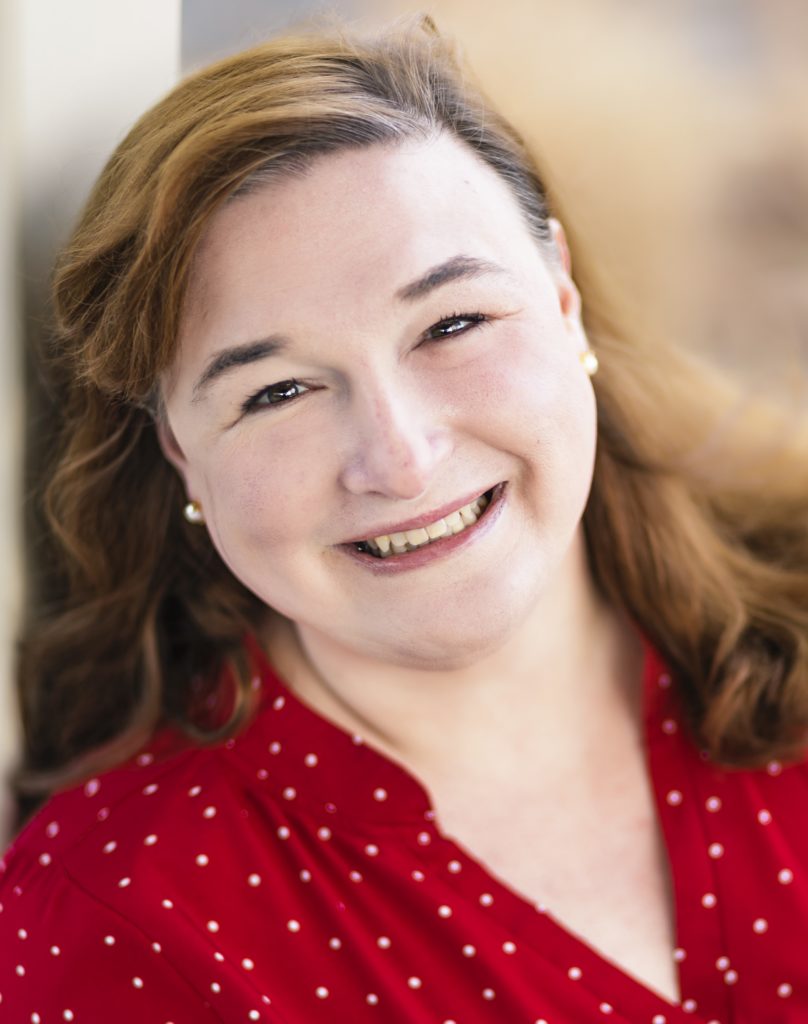Researcher/Scholar Voice 3
Dr Gina Riley – Educational Psychologist, Clinical Professor, Author

Dr Gina Riley, Ph.D. is an educational psychologist, clinical professor and program leader of the Adolescent Special Education Program at CUNY Hunter College in New York.
She has over fifteen years experience working with teenagers diagnosed with learning disabilities and emotional/behavioural disorders. She is also a seasoned academic, with years of teaching, research and supervisory experience within the fields of special education, psychology, school psychology and mental health counselling. She is known internationally for her work in the fields of home education (home schooling and unschooling) and self-directed education.
Dr Riley has also written a new academic book entitled, ‘Unschooling: Exploring Learning Beyond the Classroom’ (Palgrave Macmillan, 2020).
How did you become interested in progressive alternatives to conventional education?
Initially, I came into the field through intrinsic motivation/self-determination. I unschooled my own child from birth – 12th grade. His first day of school was his first day of college.
What did unschooling look like for your family? Can you describe a typical day?
At the time I was unschooling, I was a single parent also working and going to school.
Many times, unschooling looked like my child attending work or school with me (thank goodness for evening classes and distance education). Other days, we would play, or go to museums, parks, libraries, or the farmer’s market. We spent lots of time outdoors. If I had a busy school or work day, I would be sure to “fill” my son’s cup before I filled mine. This meant giving him my focused attention for a couple of hours before I knew I would become distracted with school work or classes. As he got older, we would do “work” together. He also started getting more interested in guitar at this time – so he would practice while I would work or write.
Are there any myths/misconceptions about unschooling that you would like to challenge?
I think there are so many myths/misconceptions people have about unschooling. The most common question I used to get is “how does your child learn if he doesn’t go to school?”. People generally equate schooling with learning, and that is a huge myth. Kids learn all the time.
What kind of research are you involved with?
I have researched homeschooling, unschooling, alternative learning environments, intrinsic motivation, Self Determination Theory and Cognitive Evaluation Theory for over 20 years.
What are the key findings of research you’ve done?
Gosh – so many! A summary of my research is here: https://www.researchgate.net/profile/Gina-Riley-2/research
I will say that unschooling is the best example of the application of intrinsic motivation in education, as unschooling is all about students’ utilizing their own interests and strengths.
Examples of Gina Riley’s Research (which you can access via the link above):
- Grown Unschoolers Evaluations of Their Unschooling Experiences: Report I on a Survey of 75 Unschooled Adults.
- The role of self-determination theory and cognitive evaluation theory in home education.
- The Challenges and Benefits of Unschooling, according to 232 Families Who Have Chosen that Route.
Can you tell us about your new book?
Unschooling: Exploring Learning Beyond the Classroom is the first academic, research-based book on unschooling. It’s exciting, as never before has all the academic research thus far on unschooling been published in one place. (I love that early career academics have been emailing me saying that it has been helpful to their thesis and dissertation writing!) The book can also be used as an academic textbook on self-directed learning.
In your opinion what are the main challenges of our current school system?
It’s a complicated question – more complicated than anyone thinks. So many have amazing educational innovations and ideas. However, they are difficult to scale within large school districts.
- Equity in education is a huge issue – how do we make sure that all children receive an equitable education? What does that look like?
- Intrinsic motivation should be facilitated more in educational environments.
- There needs to be change from the ground up (and I was hoping that COVID 19 would give us more pause than it did). But instead, we are waiting to “get back to normal” (which honestly may never happen).
What are state schools doing well?
I love the notion of the IEP (individualized education plan) for students with special needs when it is implemented correctly. I wish every student could have an IEP.
If you could make changes to the state education system, what would be your top priorities?
- Advancing equity for all students.
- A focus on the facilitation of intrinsic motivation.
- Innovation within the online/virtual classroom.
- Ensuring smaller class sizes for all.
- Less focus on common core, more focus on foundational skill sets like basic reading, writing and math.
- Implementing a curriculum focused on positive psychology and decision-making skills. (More information on positive psychology here: https://ppc.sas.upenn.edu/)
Is there anything else you’d like to add?
There is so much research on progressive approaches to education. It’s important to be familiar with that research.
Follow Dr Gina Riley
You can follow Dr Riley on Twitter at https://twitter.com/professorgriley

